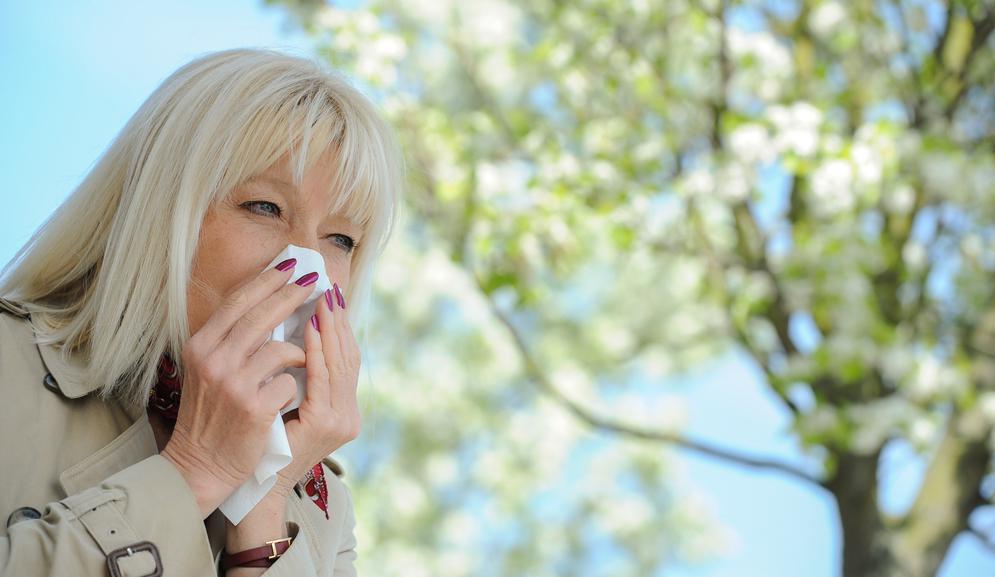
It’s easy to get excited about spring after the cold nights and short days of winter. The return of the sun and warmer temperatures are good for your spirit as the cycle of life renews for another year.
However, that cycle includes pollen. If you’re allergic to pollen, it sends your immune system into overdrive, enough to take some of the sunny edge off the longer, warmer days.
Common spring allergies
Springtime is all about renewal and new growth, and since pollen is the substance that triggers plant reproduction, it makes sense that the air is full of it in the spring months. It’s no surprise, then, that pollen is the major seasonal allergen at work.
With the melting snow, flooding rivers, and April showers, damp conditions also promote the growth of molds, which release spores as part of their reproductive process. Until the sunny days of late spring bring drier conditions, mold may also kick-start your allergy symptoms.
If you’re not sure what is making your eyes itch and your nose run, it’s time to book an allergy test with the closest location of Lakeshore Ear, Nose & Throat Center. Knowing what to avoid is the first step. Further treatments such as histamine medications and allergy shots may also ease your seasonal suffering.
The proliferation of pollen
Allergies are all a case of mistaken identity. There’s nothing inherently harmful about pollen or mold. The issue comes from your immune system’s inappropriate responses when these substances enter the body of someone with allergic sensitivity. Chemical false alarms start to fly, as your body mistakes pollen for an intruder that may threaten your health.
Trees, weeds, grasses, and flowers all use pollen to reproduce, and the warmer days of spring send these pollen factories into overdrive. In Michigan, common allergy producers include:
- Trees: Ash, oak, hickory, poplar, and walnut are perhaps the busiest producers
- Flowers: Watch out for chamomile, chrysanthemums, daisies, and goldenrod as the worst offenders
- Grasses: Ryes and fescues tend to be the biggest pollen producers commonly grown in Michigan
- Molds: Molds are always present, indoors and outside, but the moist warmth of spring triggers heavy spore production
Coping with spring allergies
Despite all the warm, fresh air filling the spring months, loads of pollen temper the excitement of better weather. It’s hard to keep the windows closed in your home or car, but avoidance is the first line of defense if you have pollen sensitivity. Other steps you can take to reduce allergic reactions include:
- Using allergy-rated air filters for your furnace and air conditioner and changing them frequently
- Washing clothes worn outside promptly to prevent the transfer of pollen into your home
- Showering after being outside, or before bed, so you’re not breathing pollen carried on your body or in your hair as you sleep
- Following pollen counts on your local weather service and staying inside when these numbers peak
- Using medications, over the counter or by prescription, when you must venture out into heavy pollen and mold conditions
The doctors at Lakeshore Ear, Nose & Throat Center take your seasonal allergies seriously. Whether for testing or treatment, contact your nearest office and request an appointment by phone or online. Spring is too short to suffer. Schedule your consultation today.

